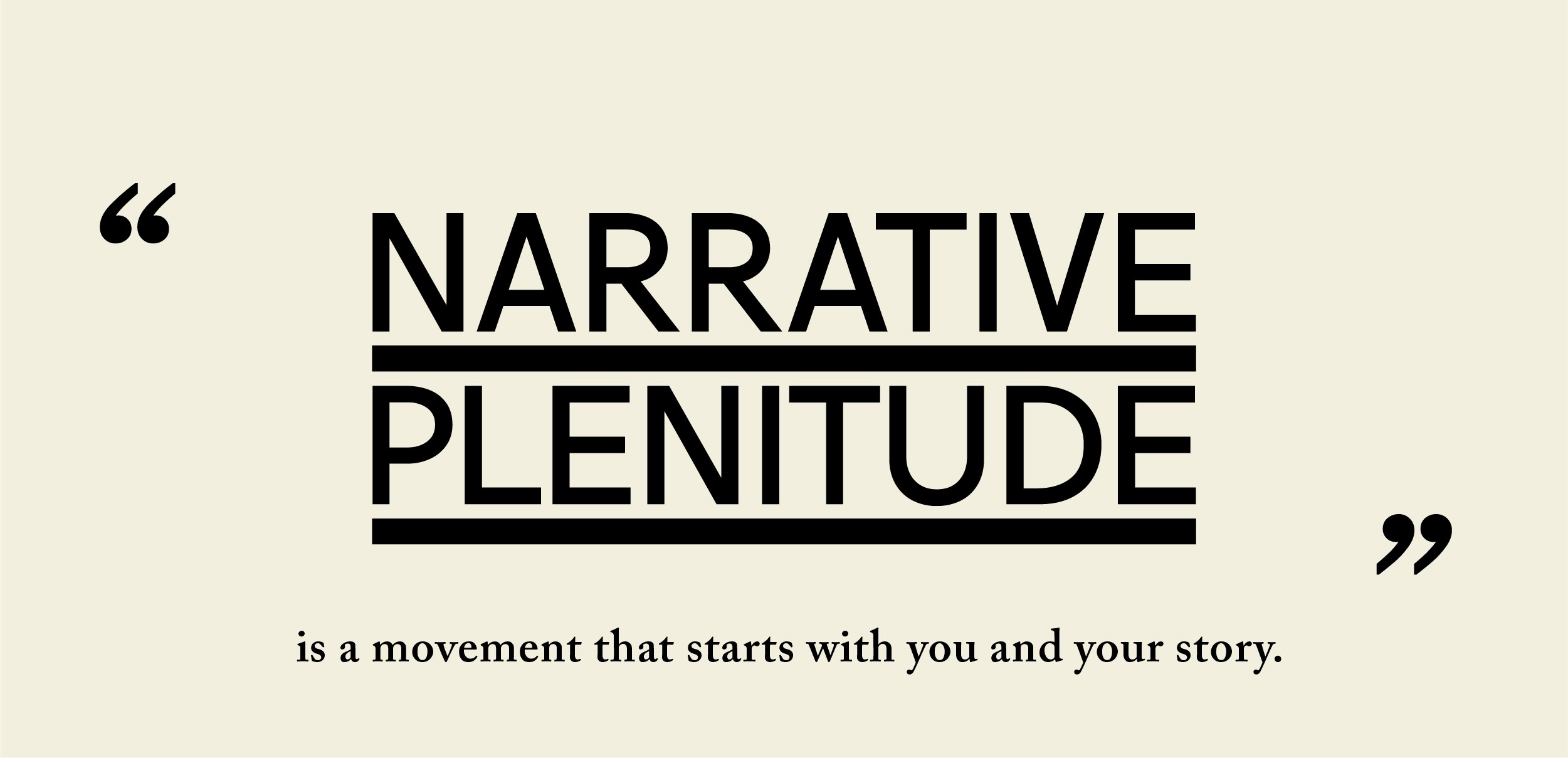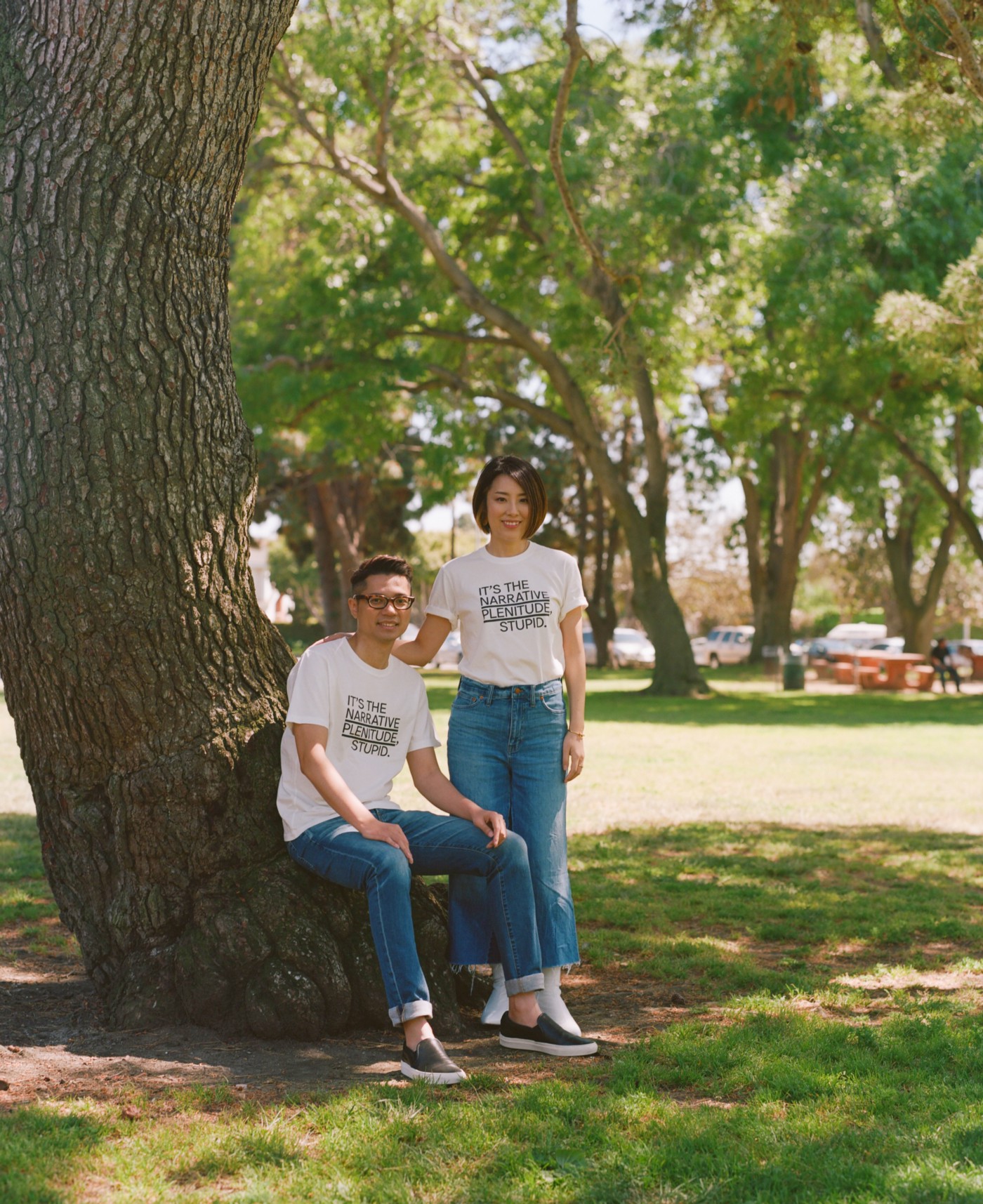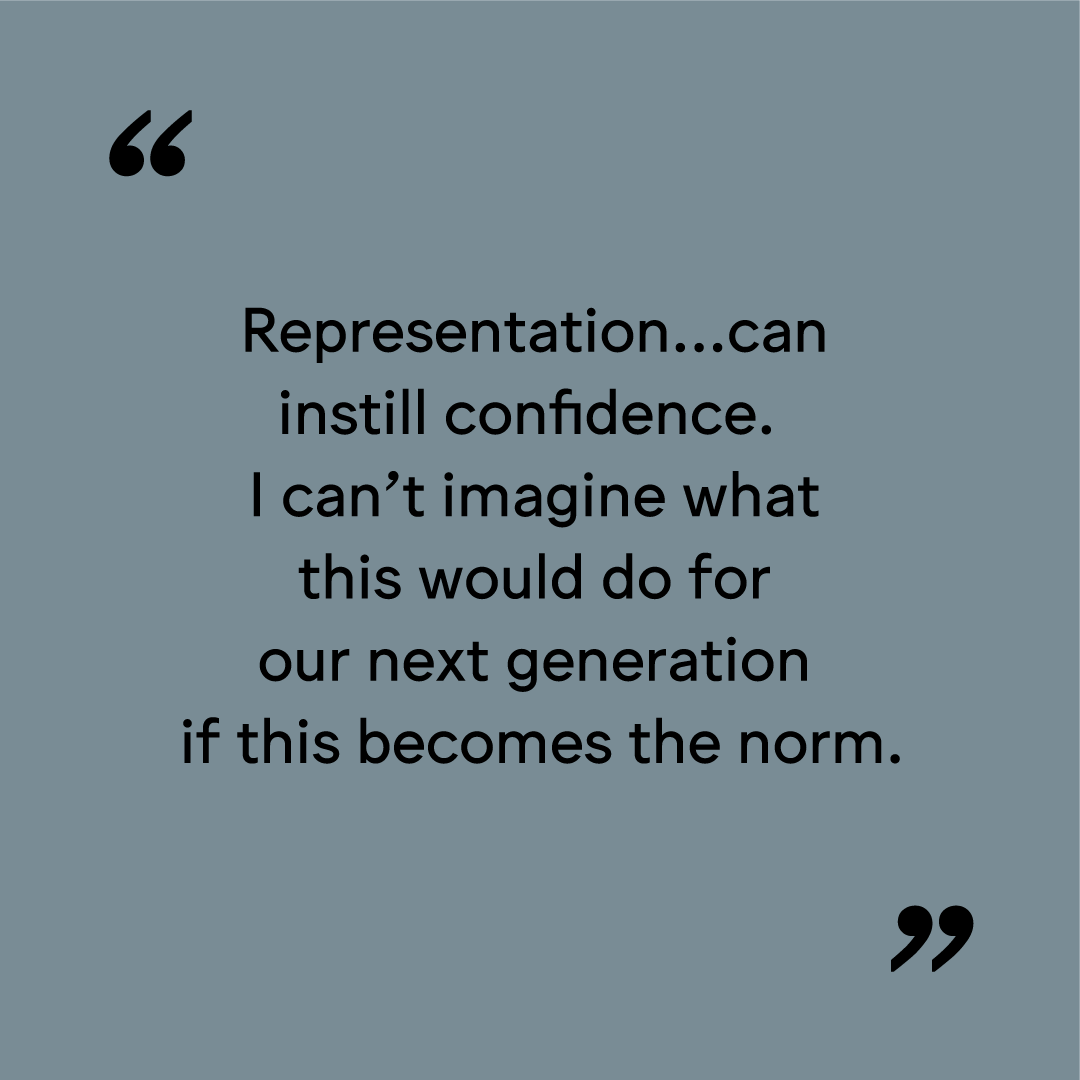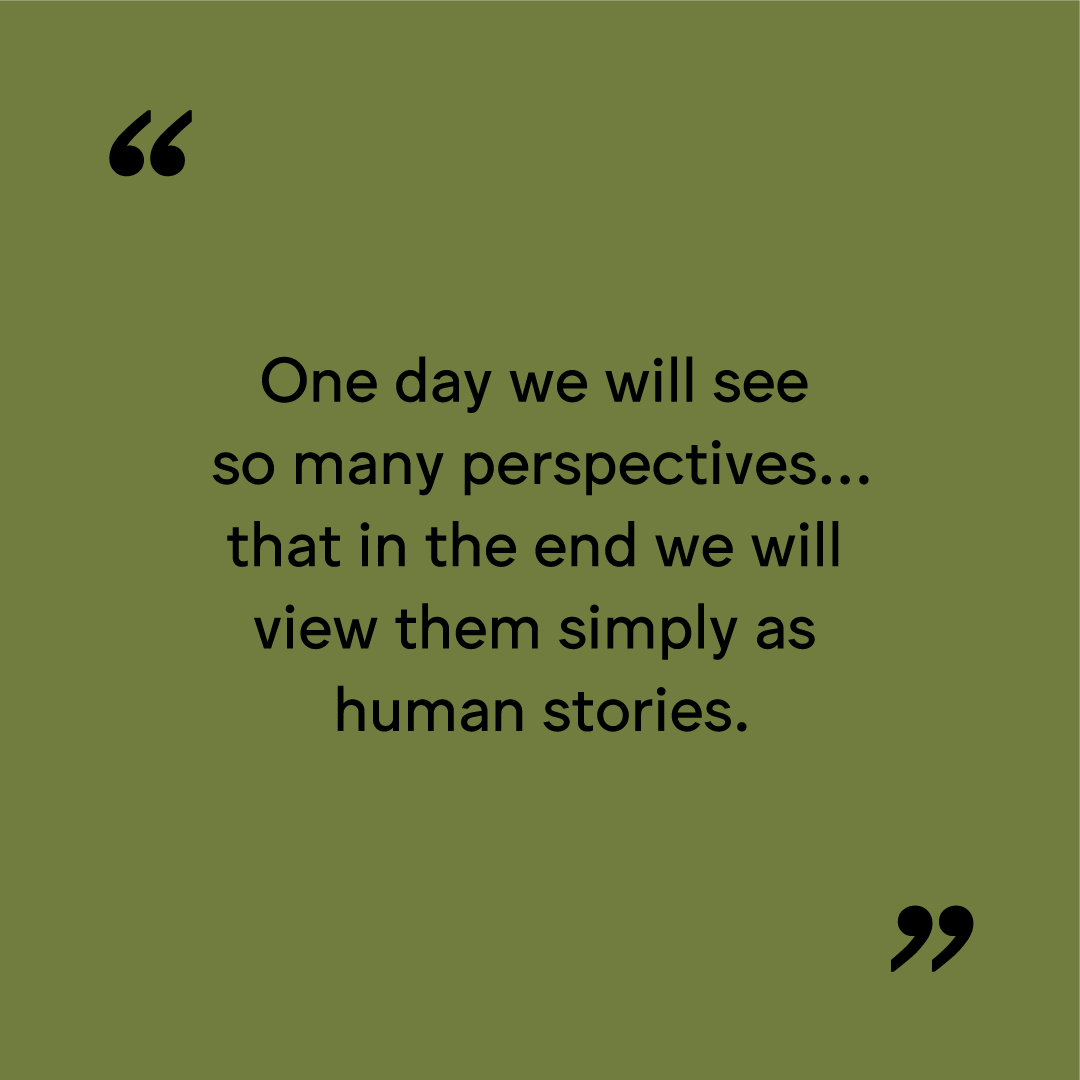Achieving Narrative Plenitude With Wakako Ichinose & Sakona Kong

“Narrative Plenitude” is a term coined by award-winning novelist, Viet Thanh Nguyen. He explains how Asian Americans live in an economy of narrative scarcity where mainstream culture distorts or erases us in stories. Feeling deprived of representation, we must fight to tell our own stories.
Why? Hollywood continues to project the same stories over and over again. There is a lack of stories being told about all the many facets of and perspectives on being Asian — every single one of which deserves the honor of being shared authentically to the world. Not forced to fit into a narrative already templated out by mainstream media.
The concept of narrative scarcity exists for all minorities. In order to break the cycle, we must work together to inject our own truths and realities into the world. We must tell stories that are raw, real, and tell the truth of who we really are. No matter how good or bad the narratives are, the key is to achieve more. By doing this, we hope to activate a global discussion to achieve narrative plenitude, one authentic story at a time. Our series begins with Wakako Ichinose and Sakona Kong, two 1st generation Japanese designers working in commercial, entertainment, and tech.

(Wakako Ichinose & Sakona Kong, Los Angeles-based designers in commercial, entertainment, and tech. Photographer: Sean Hazen)
To what extent do you feel represented in media/entertainment?
WI: Although I feel today’s climate in terms of diversity in the media is a lot better than it was before, I feel like there’s still a long way we have to go in achieving Narrative Plentitude. With so many movies in recent years casting more minorities, I feel like we’re at the beginning of a turning point and I’m excited to see where we’re headed.
SK: Underrepresented. The vast culture that is Asian American alone is reduced to the stereotyped(cast) narrative. I assume the core of the problem would be many factors including a position of power to represent different cultures; the market for exploring different cultures; or maybe they were comfortable with a specific talent playing a role to which they saw fit, overlooking societal impact.

Do you feel there are a lot of people out there like you?
WI: Yes, living in such a diverse melting pot like Los Angeles, I have the benefit of meeting people from all kinds of backgrounds. There are many people like me who have a unique perspective and want their stories heard.
SK: Not entirely, no. I do hope that there will be a growing realization of narrative scarcity in the entertainment populous. It would only influence storytelling to be rich and diverse in all forms of creative work.
How has your background helped to form who you are now?
WI: Although I grew up in a homogenized society like Japan, I was fortunate enough to be exposed to different cultures. My father had business trips to many parts of the world and I was able to see different kinds of people from a very young age. Because of this experience, I enjoy living in a country that has a wide range of diversity.
SK: Being deeply rooted in my family’s culture whilst growing up in Western society developed the core of my views and personality. Understanding the similarities and cultural differences of thought and ways of doing things gave way to an open perspective of the world.
What is a unique story/truth/reality you wish to tell the world as a part of the narrative plenitude movement?
WI: I feel like to really influence the media, it has to start with society and how we can change our narrative of how we’re perceived. At the end of the day, Hollywood or the media is a business. They will go with what they think in their mind will appeal to a wider audience. We need to be more vocal to tell our stories and push more of our next generation of children to be storytellers, writers, performers, and directors so we can finally mitigate the stereotypes and show our stories from our own perspective.
SK: To me, I think that Hollywood acts as a reflection of society where they’ll distribute what they think the people want. With that being said, having a handful of movies with a large cast of minorities being able to achieve success in the recent years is a testament to the changing landscape of representation in the media. It will not only affect entertainment, but our social consciousness as well.

How do you think the world will change when narrative plenitude is achieved?
WI: For me, the ultimate end goal is the understanding and respect of one another. Life is short and we should be more open minded and experience the different wonderful cultures we each have to offer because you’ll never know what you’re missing. I feel, through media, if we can tell our stories truthfully and learn to accept our different backgrounds, I think the world can be a better place.
SK: I would certainly hope that the walls of fear be broken down into a neighborly fence.
Narrative Plenitude is a global discussion that aims to project more authentic depictions of underrepresented communities in order to break past the one-size fits all story cycle told by mainstream media. What’s your narrative? Please email victoria.luong@intertrend.com, if you would like to have your story featured.